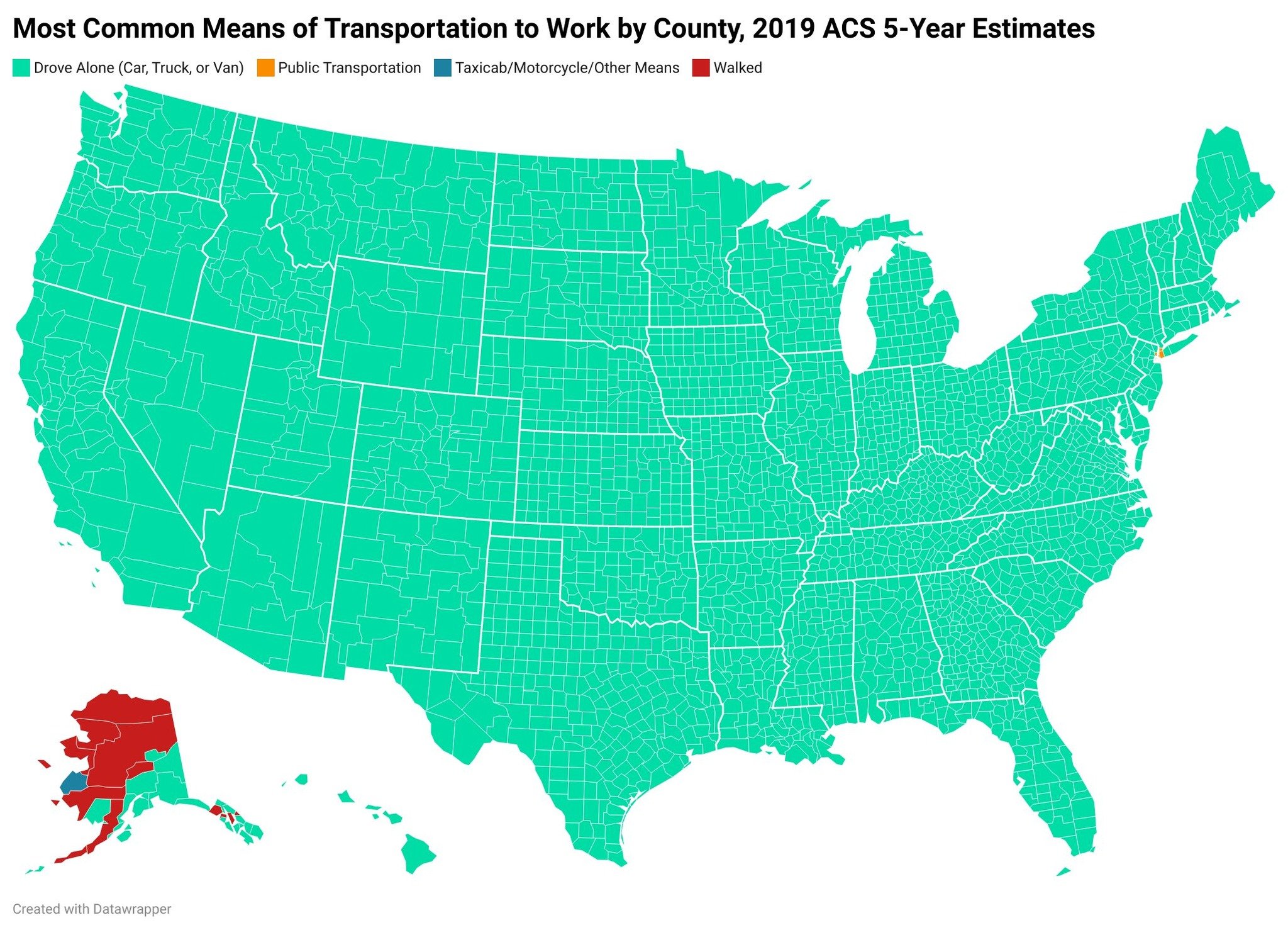Fuck Cars
A place to discuss problems of car centric infrastructure or how it hurts us all. Let's explore the bad world of Cars!
Rules
1. Be Civil
You may not agree on ideas, but please do not be needlessly rude or insulting to other people in this community.
2. No hate speech
Don't discriminate or disparage people on the basis of sex, gender, race, ethnicity, nationality, religion, or sexuality.
3. Don't harass people
Don't follow people you disagree with into multiple threads or into PMs to insult, disparage, or otherwise attack them. And certainly don't doxx any non-public figures.
4. Stay on topic
This community is about cars, their externalities in society, car-dependency, and solutions to these.
5. No reposts
Do not repost content that has already been posted in this community.
Moderator discretion will be used to judge reports with regard to the above rules.
Posting Guidelines
In the absence of a flair system on lemmy yet, let’s try to make it easier to scan through posts by type in here by using tags:
- [meta] for discussions/suggestions about this community itself
- [article] for news articles
- [blog] for any blog-style content
- [video] for video resources
- [academic] for academic studies and sources
- [discussion] for text post questions, rants, and/or discussions
- [meme] for memes
- [image] for any non-meme images
- [misc] for anything that doesn’t fall cleanly into any of the other categories
Recommended communities:
view the rest of the comments

Busses/trams can hit 0 red lights and not get stuck in traffic if they have their own lanes and transit priority signals
But a bus will also be stopping at other places that are not my destination.
True, but you'd probably be surprised at how often you're actually stopped or going very slowly because of traffic when driving, especially in cities. If you compare the driving and transit times between most subway stops on Google Maps, the subway (closest thing to signal priority on a bus in most places) is almost always quicker
In a city sure, but I reckon most car drivers are in suburban / rural areas.
Fully rural driving is absolutely going to be faster than any attempt at transit can be. But most suburbs were built so people could live there and drive into the nearest city for work, so even if the driver lives in a suburban area, the longest part of their drive will almost certainly be the city bit. So I would argue for both cities and suburbs, transit can be faster than diving if done well.